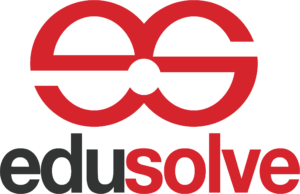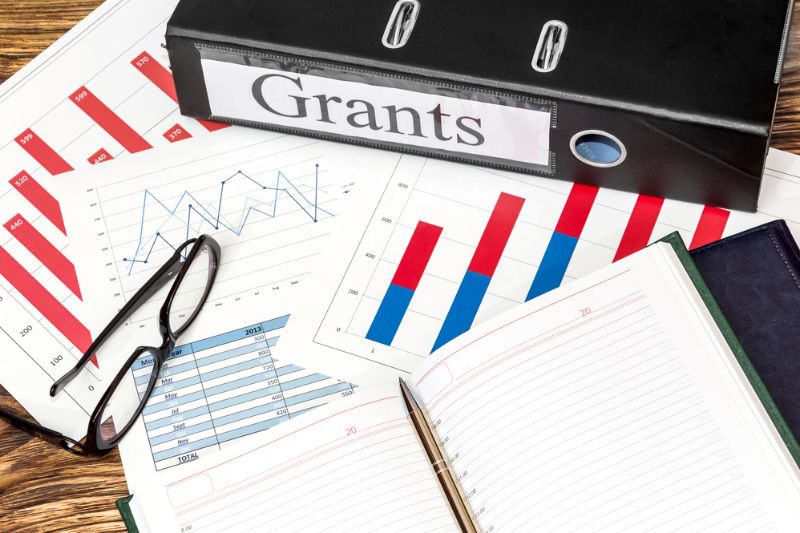Grants are frequently a lifeline for organizations looking for financing to carry out important work. Effective grant procedures are essential to obtaining, overseeing, and preserving funding streams, regardless of whether you’re a government agency, nonprofit, or research institute. For this reason, It is not only advantageous but also essential for success in comprehending Grant Management, Grant Administration, and Grant Compliance. These three pillars serve as the cornerstone of grant management and are essential to guaranteeing accountability, openness, and effective use of funding.
We’ll dissect each idea, examine its significance, and provide practical tactics in this blog to assist businesses in navigating the intricate world of funding.
What is Grants Management?
The term “grants management” describes the full process of managing, planning, and supervising grant financing. Finding financing possibilities is the first step, and it continues through reporting the outcomes and effects of grant spending. In essence, it guarantees that the awarded funds are utilized efficiently to accomplish the desired goal.
There are many advantages to a well-designed grants management plan, including less risk, better resource allocation, and more responsibility. Organizations run the danger of squandering funds, breaking grant restrictions, or even losing their eligibility for future awards if they don’t have adequate administration.
Here’s an illustration to think about:
Grants management will include developing a budget, carrying out the program’s activities, and assessing whether those activities complement the grantor’s objectives if a nonprofit receives funding to start an after-school program.
Core Functions of Grants Management
Grants management is centered on the following primary duties to keep things simple:
- Application and Proposal Development
Finding grants that fit the goals of your project is the first step. After that, organizations craft strong proposals while closely following the application requirements.
- Budget Planning and Approval
All grants have budgetary restrictions. Managing the grant entails developing thorough budgets that meet funder and organization requirements.
- Monitoring Grant Expenditures
Efficient monitoring of expenditures guarantees that funds are utilized by the plan and within authorized timeframes.
- Reporting and Evaluation
Funders are kept informed about the use of their funds and the outcomes through regular progress reports and final assessments.
To make these procedures more efficient, organizations want to think about spending money on specialized equipment and technology. For example, grant tracking software can completely transform grant management by making sure nothing is overlooked.
Understanding Grants Administration
Grants Administration focuses on the operational and administrative structure required to handle grants efficiently, whereas Grants Management adopts a comprehensive perspective of the full grant lifecycle. It covers the specifics, including financial documentation, compliance monitoring, and record-keeping.
In its most basic form, grants administration oversees the internal and external processes that guarantee grant conditions are fulfilled. Administrators thus concentrate on operational effectiveness, including managing contracts, monitoring agreements, and completing payments to program partners or subcontractors.
Why Grants Administration is Critical
Even while missing one deadline or failing to maintain records properly may seem like small mistakes, they can have serious repercussions. Grants Administration errors could result in audits, fines, or even funding cessation.
- Consider this instance:
Consider a research university overseeing a $5 million federal grant. Inappropriate sub-award administration or spending documentation could lead to misuse investigations, legal action, or grant forfeiture. This illustrates the importance of strong systems to Grants Administration.
Best Practices for Grants Administration
- Create a Centralized System
All documents, including budgets, contact lists, proposal submissions, and invoices, ought to be kept in a single, easily accessible system.
- Implement Timely Documentation
Develop the practice of keeping a quarterly or monthly log of all your actions. Maintaining accurate records will be beneficial throughout reporting cycles and audits.
- Establish a Standard Operating Procedure (SOP)
SOPs that have been formalized provide a guide to ensure uniformity in grant administration.
The Crucial Role of Grant Compliance
Without talking about Grant Compliance, no discussion on efficient grant procedures would be complete. Following all of the terms and conditions specified in the grant agreement is just as important as obtaining and overseeing money.
Respecting the legal and contractual obligations of a grant is known as grant compliance. Not only does noncompliance put your organization at risk of losing its existing financing, but it also puts its reputation and future prospects at risk.
Common Compliance Requirements
- Financial Reporting
The majority of funders, particularly government organizations, have stringent requirements for financial evidence. You must keep track of your expenses, present receipts, and show that every dollar is in line with the authorized budget.
- Program Deliverables
Grantees must demonstrate quantifiable progress toward project goals and achieve deliverable milestones.
- Legal Frameworks
Maintaining compliance requires knowledge of rules like the Uniform Guidance for Federal Grants in the U.S.
Challenges in Grant Compliance
Grant compliance is rarely easy. Staying ahead is difficult due to the intricacy of rules and changing requirements. Here are a few typical obstacles:
- Navigating Complex Rules
Even experienced staff members may become overwhelmed by the hundreds of pages of requirements included with some grants.
- Lack of Training
Smaller businesses frequently feel they lack the manpower or resources necessary to effectively handle compliance needs.
- Overlapping Obligations
Managing several awards at once increases the possibility of non-compliance because of competing deadlines or terms.
Tips to Ensure Grant Compliance
- Stay Organized
Maintain thorough records of all project activities, financial disbursements, and official correspondence. Compliance management software platforms are quite successful.
- Designate Compliance Officers
No duties are overlooked when a team member is designated expressly to manage compliance.
- Regularly Review Compliance Policies
Staff members are kept up to date with the most recent needs through refresher training and ongoing knowledge updates.
Integrating the Three Pillars
The interaction of Grant Management, Grant Administration, and Grant Compliance is essential to efficient grant procedures. Despite having different duties, they work well together in practice.
As an illustration, a grant-applying organization will probably draft a proposal under grants management. Following its acquisition, the following stage will concentrate on meticulous administration, including monitoring spending, making vendor payments, and returning expenses by compliance requirements. Continuous evaluations throughout the lifecycle guarantee adherence to legal requirements, fostering a smooth collaboration among the three.
Leveraging Technology for Streamlined Processes
Organizations need to combine the appropriate tools with their strategic approach to succeed in the cutthroat world of fundraising. Proposal management, budgeting tools, automated deadline reminders, and compliance checkers are just a few of the capabilities available on many grant-specific software systems.
Consolidation is a huge benefit of using these technologies. Organizations can track their funding end-to-end using a single interface rather than using disparate systems. This promotes departmental cooperation in addition to improving accuracy.
Conclusion
Resilience is not enough to navigate the grants world. It requires proficiency in grant administration, grant management, and grant compliance. Prioritizing planning, encouraging communication, and putting comprehensive ideas into action will help organizations stand out to donors and steer clear of expensive blunders.
You may simplify operations, have good ties with funders, and—above all—make sure your organization achieves its goals by seeing these elements as interrelated rather than separate. Effective grant management is your greatest option to optimize impact and control risk, regardless of whether you’re a nonprofit promoting social causes or an organization spearheading innovative research.


